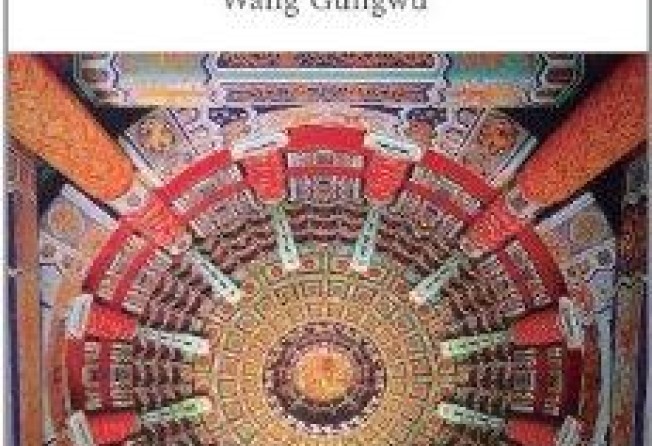Renewal: The Chinese State and the New Global History by Wang Gungwu

Renewal: The Chinese State and the New Global History
by Wang Gungwu
Chinese University Press
5 stars
Kerrie MacPherson
Professor Wang Gungwu surveys the main threads of China's long history, particularly the Confucian concept of tianxia ("all under heaven"), a universalistic notion for good governance. The melding of philosophical and religious traditions formed the basis of the country's identity in the wider world and guided its ability to withstand internal and external threats since the founding of the Han dynasty in 206BC.
In his preface to this collection of essays and lectures, he writes: "My thoughts … are drawn from the point of view of an ethnic Chinese who has looked at the subject largely from the outside." This is a profound, engaging look at the main arguments of how contemporary China views its history and the implications of those views within the new global order.
Challenged in the 19th century by an expansionist and modernising West, China was forced to re-examine its Sino-centric concept of empire and its continuing survival in the face of imperialist incursions. Western understandings of the nature of China's history and the role of empire, nation and state were studied in order to discover the source of the West's strength and China's perceived weakness.
Wang recycles such instrumental questions as: how will China become strong, wealthy and competitive without jettisoning tradition? How had threats to the political and social order survived and then triumphed?
Culture and civilisation, according to Wang, are central to this debate. Reformist and revolutionary intellectuals alike raised the question: who governs and why?
Liang Chichao, Kang Youwei and others were the first generation to confront and grapple with the West. They argued that tradition could inform and be harmonised with this new reality of China's future. Sun Yat-sen and the modernisers wanted to both break with the past and retain a selective version of Chinese culture.
However, revolutionaries including Mao Zedong denied the validity of the past and sought selectively to destroy the past on ideological grounds to create "newborn things" and a state founded on class struggle.
Wang argues that China's opening up to the outside world heralds a new look at the past and how it informs the future. He concludes that the nation's search for a relevant past must be founded on an open and deep understanding of China's history.
Wang has brilliantly articulated a path and a hope that history and its contentious lessons will, at the end, lead to "renewal" and a relevant guide to the future.